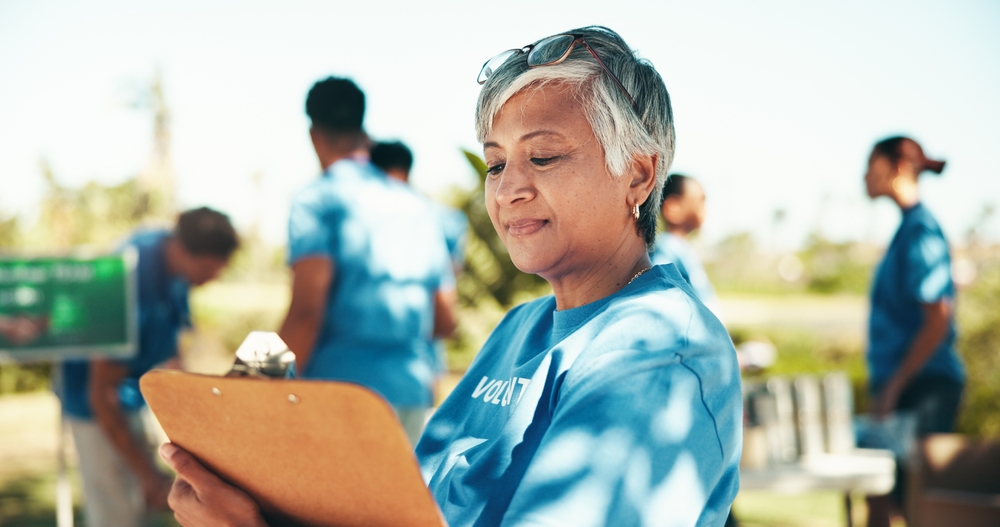Retirement isn’t just about relaxing—it’s about finding purpose, staying engaged, and living a fulfilling life. For many retirees, volunteering has become a key part of that equation, offering a way to give back while staying active. But beyond the feel-good benefits, there’s a lesser-known perk of volunteering that no one seems to talk about: the profound personal growth it unlocks. Here’s how stepping up to help others can transform your golden years in ways you never expected.

It Keeps You Mentally Sharp
Volunteering challenges your brain in ways you may not realize, from learning new skills to solving unexpected problems. Whether you’re teaching kids to read, organizing community events, or mentoring young professionals, these activities keep your mind active and engaged. Studies show that retirees who volunteer regularly are less likely to experience cognitive decline. It’s like a mental gym session, but one that feels rewarding and meaningful. Volunteering improves mental health and cognitive function, as studies show that retirees who volunteer regularly are less likely to experience cognitive decline.
You Build a New Social Circle
Loneliness can creep up in retirement, but volunteering is a powerful antidote. By joining a cause, you’re instantly connected with people who share your passions and values. Over time, these connections often turn into deep, lasting friendships. The best part? You’re bonding over something that truly matters, which adds even more meaning to those relationships.
Volunteering fosters social connections, as a University of Michigan study found that it can alleviate loneliness, especially when volunteering more than 100 hours per year.
It Gives You a Renewed Sense of Purpose
Many retirees struggle with the loss of structure and identity that comes with leaving the workforce. Volunteering provides a new sense of purpose, offering tangible ways to contribute and make a difference. It’s not about filling time—it’s about feeling needed and valued. That sense of fulfillment can be a game-changer for your mental and emotional well-being.
It’s an Effective Way to Stay Physically Active
Not all volunteering involves sitting at a desk or stuffing envelopes. Activities like building homes, maintaining community gardens, or leading outdoor programs can keep you moving without it feeling like “exercise.” Staying physically active through volunteering is a win-win: you’re helping others while improving your own health. Plus, the satisfaction of seeing the results of your work is a workout for your soul, too. It enhances physical health, with research indicating that volunteers report lower mortality rates, lower rates of depression, and fewer physical limitations compared to those who do not volunteer.

You Discover Hidden Talents
Retirement is the perfect time to explore untapped skills, and volunteering often gives you the freedom to try something completely new. Whether it’s public speaking, fundraising, or mastering technology, you might uncover talents you never knew you had. This self-discovery can reignite your confidence and open up even more opportunities. It’s proof that personal growth doesn’t have a retirement age.
It’s a Path to Learning
Many volunteering roles come with training or on-the-job learning, exposing you to new topics and experiences. From understanding environmental conservation to gaining insights into healthcare systems, you’re constantly expanding your knowledge. Lifelong learning isn’t just enriching—it’s also been linked to better mental health and happiness. Through volunteering, you’re investing in your own personal development as much as the cause itself.
It Can Lead to Unexpected Opportunities
Here’s the secret no one talks about: volunteering can open doors to opportunities you never imagined. Some retirees turn their volunteer work into part-time consulting gigs, board positions, or even entirely new careers. Others find themselves invited to speak at events, lead initiatives, or collaborate on exciting projects. The connections you make and the skills you gain can take your retirement in thrilling new directions.








